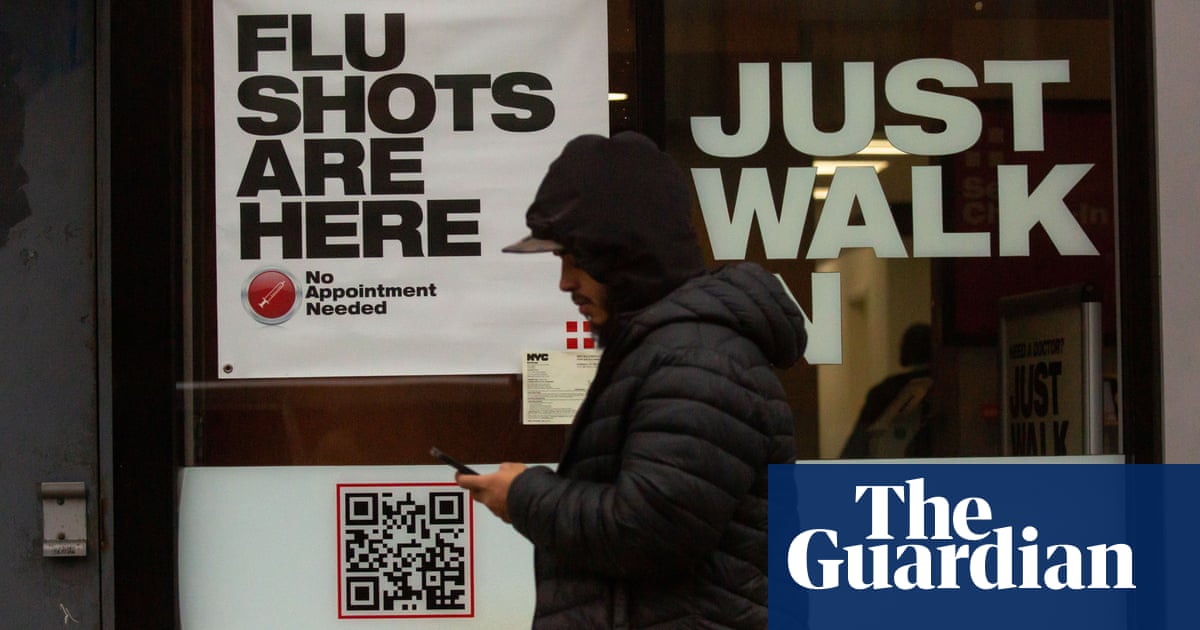First Opinion is STAT’s platform for fascinating, illuminating, and provocative articles in regards to the life sciences writ giant, written by biotech insiders, well being care staff, researchers, and others.
To encourage strong, good-faith dialogue about points raised in First Opinion essays, STAT publishes chosen Letters to the Editor acquired in response to them. You possibly can submit a Letter to the Editor right here, or discover the submission type on the finish of any First Opinion essay.
The story
“The DEA’s 2025 quotas for opioids will go away severely in poor health sufferers in ache,” by Rebecca Rodin
The response
As a continual ache affected person (degenerative disc illness and polyarteritis nodosa), I’ve skilled the anguish and degradation of being denied ache medicine firsthand. Throughout the pandemic, I misplaced my major care doctor to retirement. It took two full years of pleading my case with quite a few medical “professionals” earlier than I lastly discovered one keen to prescribe the opioid which permits me to have even a semblance of a high quality of life. Absolutely, we will and should do higher. For all of you on the market, alone and struggling in silence, I not solely really feel your ache, I urge you to not despair however as a substitute, enable righteous indignation to stand up inside you, for it’ll renew your sense of function and it’ll make it easier to to struggle off the despair that every one too usually plagues the chronically bothered. Let your elected officers know by calling them after hours and leaving heartfelt messages that can rightly put them on the spot for this grave social/medical injustice.
— Gregory Apelian
The response
I’m a 100% disabled veteran. I’ve been on opioid remedy from the VA for over 12 years for intractable ache and prone to be on it for the remainder of my life. The notion that my high quality of life could also be severely impacted due to some arbitrary quota set by a bureaucrat on the DEA is unacceptable. I’ll be sending this essay to my congressman and senator urging them to require the DEA to justify this motion.
— Jesse Brown
The story
“The really useful ladies’s well being screening that not often occurs,” by Milena M. Weinstein and Samantha J. Pulliam
The response
Kudos to Dr. Weinstein and Dr. Pulliam for addressing a widespread ladies’s well being difficulty that’s minimized by too many male urologists as a nuisance quite than as a driver of accelerated morbidity. I buried my mom in August after she expired of “outdated age,” however the fact is that urinary incontinence was what led to her decline. Initially, she was embarrassed and reluctant to just accept social invites the place she wouldn’t have entry to privateness to vary the cumbersome grownup diapers she carried in her purse. Ultimately, she declined to go even to her grandsons’ houses as a result of incontinence would make the 20-minute experience disagreeable. Earlier than lengthy, my mother was housebound regardless of appointments with no fewer than 5 male urologists over a two-year interval. Please proceed this vital work, in order that nobody else has to spend their first vacation season unnecessarily with out their liked one.
— Debra Rothbard
The story
“The ‘pores and skin within the recreation’ method to well being care spending has failed,” by Merrill Goozner
The response
Lastly, a rational and well-informed article on American well being care. Thanks.
— Sharon Johnson
The story
“How ADHD wired me for scientific discovery,” by Jeff Karp
The response
Regardless that I can admire his view on ADHD, as a fellow educational who additionally has ADHD, I strongly dislike any try and image the situation as one thing good, a “superpower” of types. Life with ADHD is a battle for 1000’s of individuals all around the globe; it’s actually tough to form and conform into the neurotypical world if you end up neurodiverse — a paradigm additionally encompassing autism, dyslexia, and different psychological issues. Jeff is actually a singular particular person who managed to succeed regardless of the immense burden of the situation; he’s maybe too nearsighted to grasp that he doesn’t represents the common. He may not even know what that common is.
— Matheus Zytkuewisz




















